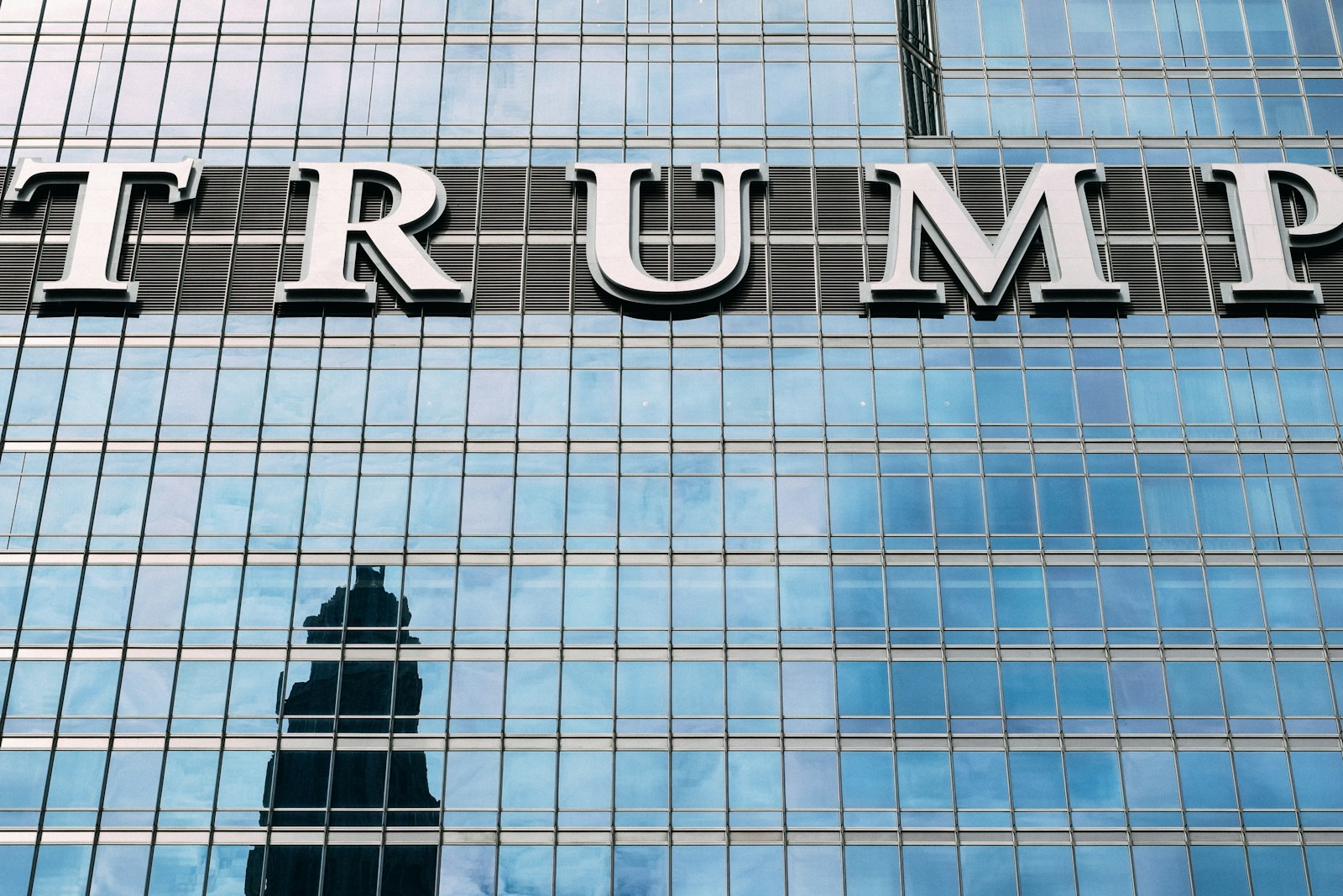Key Takeaways:
- A U.S. court has ruled that Trump’s tariffs were illegal.
- The court said Trump didn’t have the authority to impose these tariffs under an emergency law.
- The tariffs are now blocked, and the money collected may need to be returned.
Trump’s Tariffs: What Happened?
For years, former President Donald Trump imposed tariffs on imported goods, claiming it was an emergency measure. But many people questioned whether he had the legal power to do this. Now, for the first time, a court has stepped in and said Trump acted illegally.
The court ruled that Trump’s tariffs violated the law because only Congress has the power to impose taxes and regulate trade, not the President. The decision also ordered the tariffs to be stopped and possibly for the money collected from them to be refunded.
The ruling is a major blow to Trump’s trade policies and sets a precedent for future presidents.
Why This Matters
The U.S. Constitution clearly says Congress has the exclusive power to “lay and collect Taxes, Duties, Imposts, and Excises” and to “regulate Commerce with foreign Nations.” Trump used the International Emergency Economic Powers Act (IEEPA) of 1977 to justify his tariffs, but the court disagrees.
The court stated that IEEPA does not give the President unlimited power to impose tariffs on goods from almost every country. Trump’s actions went far beyond what the law allows.
This decision could have big consequences. If the tariffs are illegal, the money collected from them—potentially billions of dollars—might need to be returned to businesses and consumers who paid them.
What the Court Said
In its ruling, the court was clear: Trump’s tariffs were unlawful. It said:
- The “Worldwide and Retaliatory Tariff Orders” exceeded Trump’s authority under IEEPA.
- The “Trafficking Tariffs” were also invalid because they didn’t address the specific threats mentioned in the orders.
The court concluded that the tariffs are now blocked, and their collection must stop.
What’s Next?
Now that the court has ruled against Trump’s tariffs, several things could happen:
- Refunds: Businesses and consumers who paid these tariffs might get their money back.
- Future Trade Policies: This decision could limit how future presidents impose tariffs without Congress’s approval.
- Legal Battles: Trump or the government might appeal the ruling, but for now, the tariffs are blocked.
A State Attorney General Explains
A state Attorney General called the ruling a “major victory” for businesses and consumers. They said:
“This decision confirms that no one, not even the President, is above the law. The Constitution is clear—only Congress has the power to impose taxes and regulate trade. Trump’s actions were a clear overreach, and now there are consequences.”
The Bigger Picture
This ruling is more than just about tariffs. It’s about the balance of power in the U.S. government. The court’s decision reinforces the idea that the President cannot act unilaterally without proper authority from Congress.
It also shows how important it is to have checks and balances in the government. The courts play a crucial role in ensuring that no one abuses their power, even the President.
What Does This Mean for You?
If you’re a business owner or consumer who paid these tariffs, you might be eligible for a refund. The exact process for refunds is still unclear, but the court’s ruling opens the door for legal challenges to recover the money.
For the broader economy, this decision could stabilize trade relationships with other countries. Without these tariffs, importing goods might become cheaper, which could lower prices for consumers.
Conclusion
The court’s ruling is a significant setback for Trump’s trade policies and a reminder of the limits of presidential power. The decision could lead to refunds for those affected and set a precedent for future trade decisions.
As the situation unfolds, one thing is clear: the rule of law applies to everyone, and no one can act outside the boundaries set by the Constitution.
